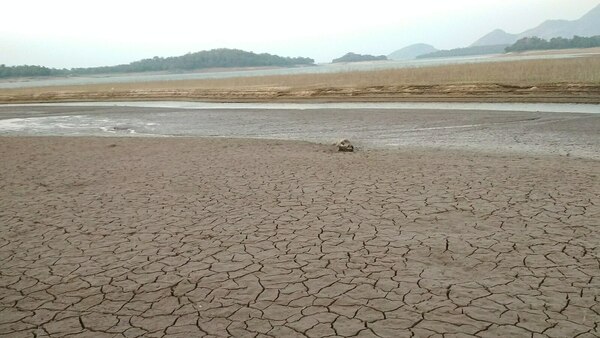The Disruption of the Human Ecological Niche
Wed, Sep 27
Guest Speaker: Prof. Jason McLachlan
Climate disasters currently displace more than 20 million people every year. Globally, there are currently more than 100 million people displaced from their homes, and more than 26 million refugees – the highest number ever. Meanwhile, nearly one in three people in the world (2.37 billion) did not have access to adequate food in 2020, between 720 and 811 million people in the world faced hunger in 2020, and four billion people — almost two thirds of the world’s population experience severe water scarcity for at least one month each year.

These problems are only going to worsen as the planet warms, extreme weather strikes, sea levels rise in highly populated coastal zones, and drought combines with unpredictable climate variability to dramatically increase food and water insecurity, foster conflict, displace hungry people, and make whole swaths of the planet uninhabitable. The IEP predicts more than a billion refugees by 2050, 3.5 billion people living in food insecurity, and more than 5.4 billion people struggling with extreme water stress.
What kinds of social and political consequences are likely to emerge from such widespread, massive dislocation and crisis? What kinds of pressures will such disruption put on nation-states, civic organizations, and NGOs? What can any of us do to prepare to confront this situation ethically, with compassion, foresight, and care?
How can we begin to prepare for the greatest human disaster the world has ever seen?